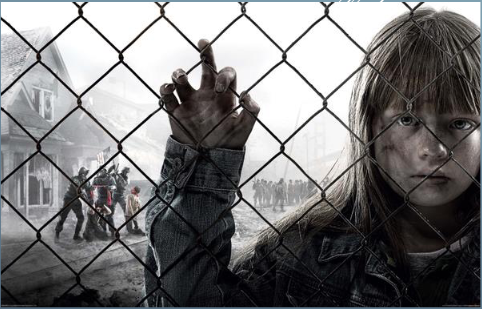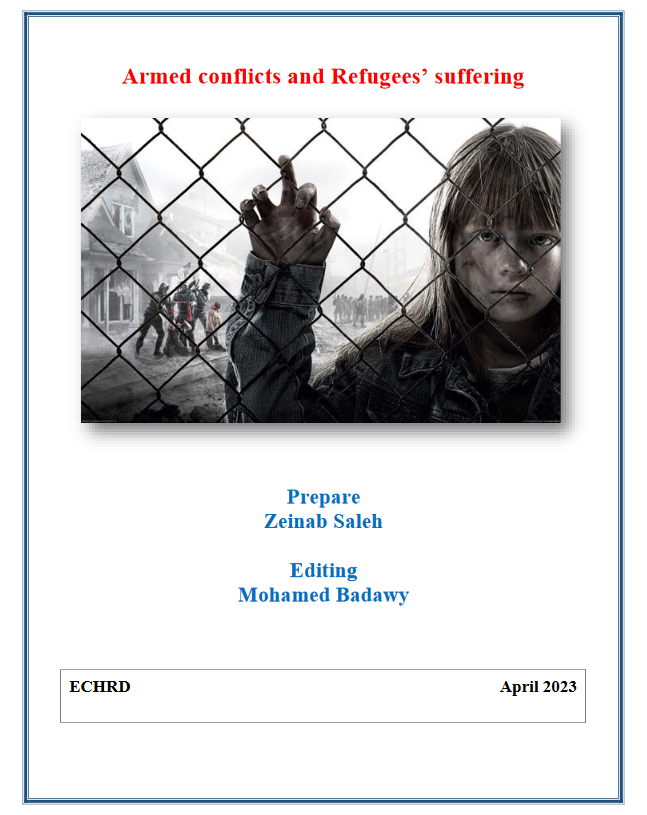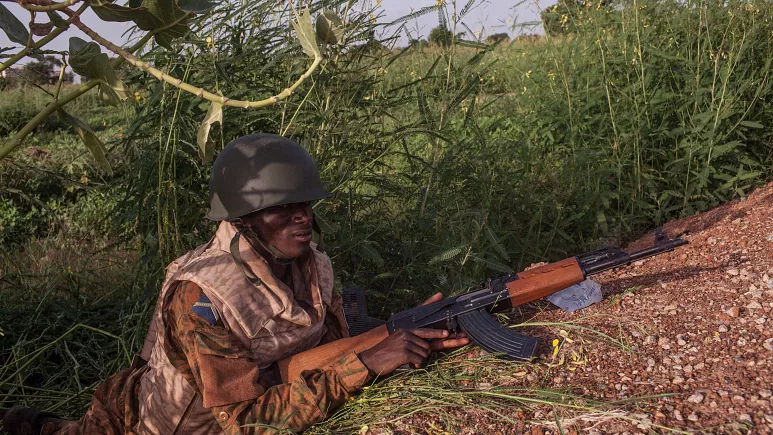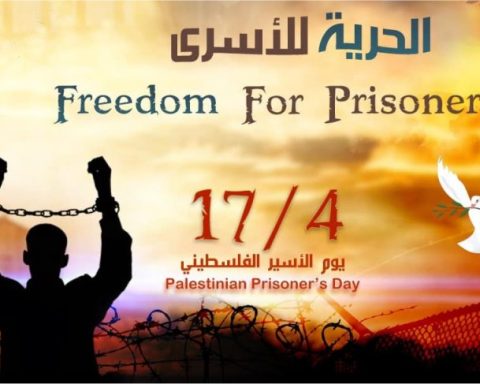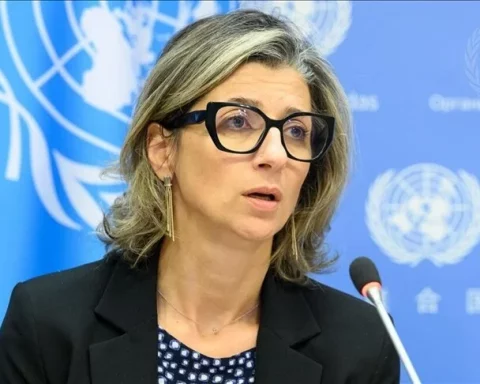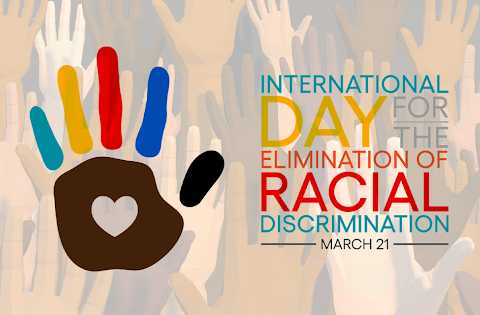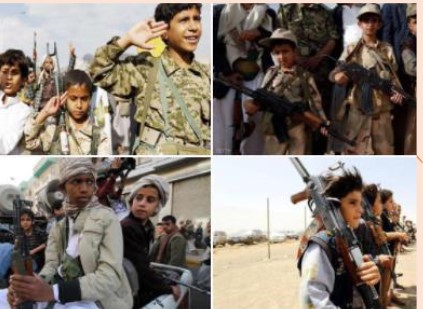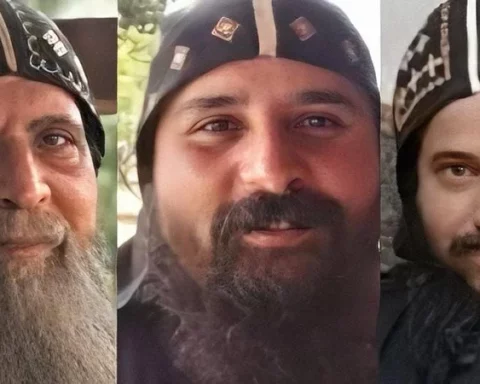Press Release
………………………………………………………………
On Monday, 22/5/2023, the Egyptian Coalition for Human Rights and Development issues its report on: “Armed conflicts and Refugees’ suffering”, which addresses the impacts of the armed conflicts and the suffering they cause to refugees, through several axes:
- Definition of armed conflicts.
- Causes and catalysts that lead to armed conflicts.
- Impacts of armed conflicts on the displacement communities and refugees’ suffering.
- International efforts to protect Refugees.
- Recommendations.
Armed conflicts are among the most serious threats to human life, especially civilians, who find themselves dragged into a cycle of conflict that narrows them every day and endangering their lives.
Armed conflict is often the cause and consequence of State divisions, the erosion of civil society, the lack of respect for domestic law and international standards, and the erosion of traditional values and kinship bonds resulting from the collapse of societal structures. Once these conflicts occur, serious humanitarian crises erupt and result in suffering People move from a life of stability, safety and normalcy to a life of danger, fear, mortal deprivation of food, clean water, health services, education and economic resources, forced expulsion of huge populations, travel restrictions, destruction of roads, bridges, markets, schools and infrastructure, and rampant human rights abuses.
The report noted that forced migration resulting from war or looming conflict is one of the most serious socio-economic problems facing the region. In 2013, there were 10.7 million newly displaced individuals from their homes as a result of the conflict, and both the duration and speed of these conflicts will intensify the social, economic and political exclusion of refugees. According to the Internal Displacement Monitoring Centre, the largest internal displacement in 2013 was related to the conflict and violence in Syria (65 million people), Sudan (2.4 million), Iraq (2.1 million) and Somalia (1.1 million). By July 2015, a total of 11.6 million people displaced by the Syrian conflict alone, or about 53% of the population, of these, 7.6 million were internally displaced, while the rest were refugees (i.e. outside their country of nationality).
In 2013, children under the age of 18 made up 50% of the world’s refugee population, the highest figure in a decade. That year, Somali children ranked high among nearly 25,300 asylum applications from unaccompanied or separated children in 77 countries.
The report concluded with the following recommendations:
- Formulating a draft unified criminal codification of crimes committed against civilians during armed conflicts, and define them precisely so as to indicate their legal elements and pillars, and the provisions of criminal responsibility arising from them and their punishment, in order to remove ambiguity and gaps in the most serious crimes against civilians, namely crimes against humanity, war crimes and the crime of genocide.
- Identifying the elements of the crime of aggression as a form of crimes committed against civilians, as well as a crime against the security and safety of human beings, especially in light of the tremendous development of weapons.
- Inclusion of the crime of international terrorism among the most serious crimes for the international community, especially in light of the growth of terrorist movements in the world and their control over large parts in some regions.
- Reformulating the rules on state responsibility, so that the state will punish serious violations against civilians, at the political and legal levels.
- All local media channels that support the stability of countries should put a systematic and proactive plan with a strategy to fight rumors and get out of the role of the defender for the role of the attacker, which leads to the decline of rumor devices in its impact on the people.
- In order to face these wars, we must work to educate the people as In general and young people in particular to maintain internal security to make it hard for any party, whether internal or external, to play with the minds of young people and influencing them and directing violence against the state.

